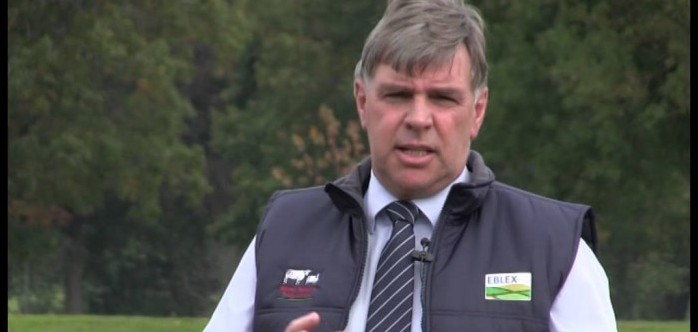The British meat industry has called for Government intervention to ensure the meat industry does not find itself at the mercy of CO2 manufacturers again.
Things ‘seem to be slowly getting back to normal’, as CO2 supplies gradually return, British Meat Processors Association chief executive Nick Allen said. Scotland’s flagship plant in Brechin was understood to have re-opened on Tuesday, after it ran out of CO2 supplies a fortnight ago, but no other plants have been forced to shut and the overall impact on production appears to be minimal.
But while CO2 production, an industrial by-product from the manufacture of ammonia, has resumed in some plants, others across the UK and EU have continued to be beset by problems and supplies remain tight.
Mr Allen said there was ‘angst’ among the processors that prices charged for CO2 have been pushed up. He has been informed that the companies had allowed a ‘bidding war’ to take place among the processors who are dependent on the supplies.
“For me, the next bit of this story is about how do we make sure this does not happen again,” he said.
“This crisis has highlighted the fact that the British food supply chain is at the mercy of a small number of major fertiliser producers, four or five companies’ spread across northern Europe. We rely on their factories’ by-product to keep our food chain moving.
“Both the fertiliser producers and, by extension their CO2 customers in the food and drink industry, are reliant on commodity prices and demand for ammonium nitrate staying high. If this dips, which has been the case this year, less fertiliser is produced, factories slow production and close earlier. The result is that CO2 supplies dry up.
“While this is not a significant problem for the fertiliser manufacturers, it is of much more strategic importance to the country’s food security. And, it’s this structural vulnerability that BMPA is seeking to address with Government.”
Mr Allen described the CO2 market as ‘very opaque’. “Post Brexit, there is no clear picture of what tariffs and trade barriers the CO2 supply will be subject to. So, we have no way of knowing whether there will be problem, or whether this kind of crisis will become a more regular and enduring feature of the food industry going forward,” he added.
He called for a strategic response from Government. Just as the water industry is regulated to avoid public crises, Government should be able to intervene in a more meaningful way to prevent this happening again, Mr Allen said, adding the sort of events of the past few weeks see prices rapidly driven up.
“Moreover, many of these companies operate in other European countries and are not under the UK’s jurisdiction,” he said.
He called for Business Secretary Greg Clarke to bring the big CO2 manufacturers together and demand that they coordinate to minimise disruption, and provide information to Britain’s businesses so that plans can be made and future crises are avoided.
“We will get through this current crisis, but the precarious reliance of the British food industry on CO2 must be given proper consideration and innovative solutions must be found to neutralise future threats,” Mr Allen said.
The Government has so far shown a reluctance to intervene, beyond coordinating discussions with stakeholders, describing it as ‘an issue for industry’.
A spokesman for Tulip said Brechin was still a delivery of CO2 at Brechin, while all other plants are still operating.
AHDB market analyst Bethan Wilkins said there had been no obvious impact in pig abattoir throughputs, based on data received so far. GB estimated slaughterings for the week ended June 30, at 164,300 head, were 2% higher than the previous week.
This doesn’t necessarily mean there wasn’t an impact – the increase might have been larger without the CO2 issue, she added. The figures indicate, however, that any disruption has been limited.




